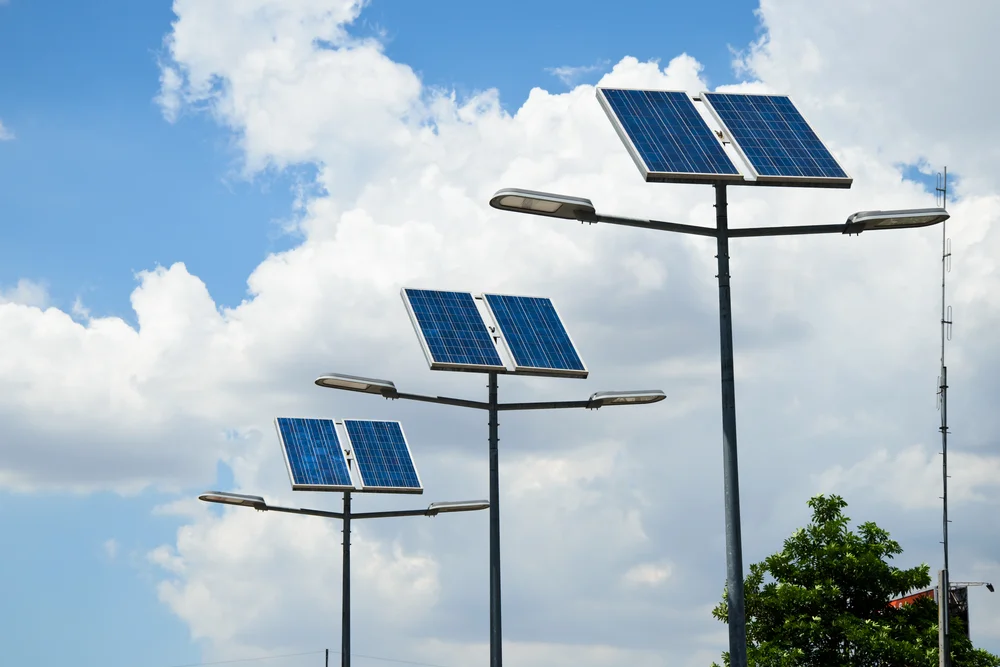Net metering for new solar customers is coming to an end following the decision by energy regulators to change the way individuals with panels are charged by utilities.
The net effect for customers applying to install rooftop solar systems after a certain date is that they will receive much less credit for delivering excess electricity back to the grid.
The Arizona Corporation Commission, in a decision announced just before Christmas, voted 4-1 for the proposal to scrap the current system where customers are credited at the retail rate.
Instead, customers will now be compensated at a solar export rate based on the cost of power from utility scale farms or the forecast cost over five years of energy delivered to the grid.
Existing customers, and those who file an application prior to the establishment of the new rules, will be eligible for the current, retail net-metering rates for 20 years.
The ACC had to amend their pre-Christmas decision to make clear that those applying and not just installing a solar system will be eligible to keep their net-metering rates.
The solar export rates will be decided by regulators as part of pending rate filings by Tucson Electric Power Co. and Arizona Public Service Co.
Opponents of the change believe the new rules will have a chilling effect on the development of solar power in the state, on jobs in the industry,and on consumer choice.
But those backing the changes believe non-solar customers, the majority, have for too long subsidized those with panels, many of whom have higher incomes, state Sen. Debbie Lesko (R-Peoria) said.
Lesko told the Arizona Business Daily that her view is that she wanted “to protect the majority of utility customers who cannot afford to buy or lease panels, or choose not to, or people living in apartments.”
Lesko said she keeps an open mind about all energy sources, including the traditional, and with solar, the key to its future is in finding a way to store the energy.
Under the current system, solar customers are credited monthly for any excess power generated and returned to the grid. This credit is for the full retail rate of approximately 11.5 cents per kilowatt hour.
The two state regulated utilities wanted to cut those credits. Tucson Electric Power proposed cutting the rate to the cost of power generated by its solar farm, approximately 6 cents per kwh. Arizona Public Service urged pricing the credit at 3 cents per kwh.
Administrative Law Judge Teena Jibilian recommended solar customers no longer be credited at the full retail rate. New credit rates should be based on short-term studies based on costs avoided by rooftop solar, or about 2.5 cents per kwh.
There appears already to be a downturn in the installation of solar panels, possibly linked to the uncertainty on the credit issue. As of November, TEP counted 3,019 rooftop solar installations tied to its grid, compared with 3,199 in all of 2015, and 1,937 in 2014, the Arizona Daily Star reported.
The changes are for the benefit of the majority of energy users as the subsidies for solar panel users shift the cost to the majority of people who do not want solar or cannot afford it, Lesko said.

